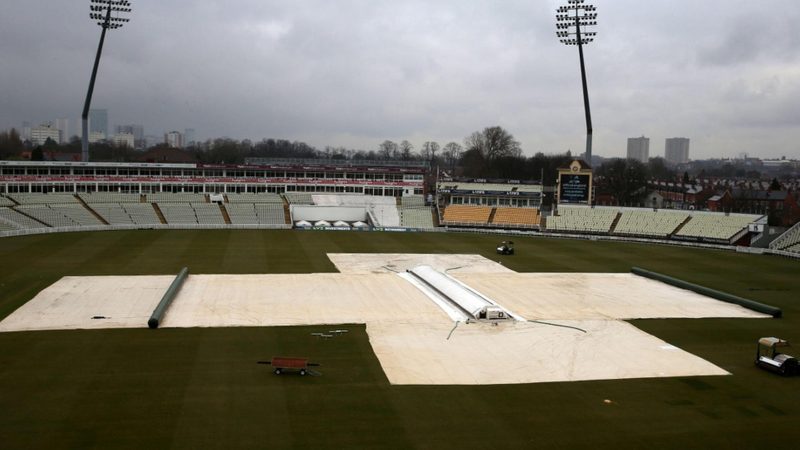
Even though reserve days in cricket are hardly ever needed and something that most players, as well as fans alike, don’t want to get to its value to the sport is huge.
Reserve days are mostly used in knockout fixtures in cricket and without them, a lot of high-profile tournaments would not have any definitive winner.
As the name suggests, a reserve day refers to a standby date for a cricket match to take place in case the original date of the match cannot happen due to unforeseen circumstances or bad weather.
That said, there have been instances where even the reserve day hasn’t produced a definitive winner, and the 2002 ICC Champions Trophy is one such case where Sri Lanka and India had to share the trophy after a washout on two successive days.
However, for the most part, reserve days serve their purpose by ensuring a match does happen even if not on the original date.
With that in mind, let’s look into how a reserve day helps cricket when it is used.
What is reserve day in cricket?
In essence, a reserve day in cricket is applicable if rain decides to play spoilsport by washing out an important knockout stage contest.
In such cases, the match is shifted to the next day which is reserved for precisely such situations where the knockout game in question couldn’t take place due to heavy rains, in most cases.
Let’s say at least 10 overs are not utilised during a knockout fixture on the game’s original date due to rain, then the reserve day will automatically come into play on the following day.
However, should rain interrupt a game after a minimum of 10 overs is played by both competing teams then the result of the match cannot be determined on the reserve day as the Duckworth-Lewis-Stern (DLS) method comes into play.
In the case of the Indian T20 League, a reserve day comes into play when at least five overs per side cannot be bowled.
Furthermore, if a final begins but cannot be completed due to heavy rain or wet outfields then the reserve day will be used on the following day.
In the case of the Indian T20 League, should the reserve day for the final of the tournament also be washed out due to rain then the two competing teams will at least try to compete in a Super Over providing weather conditions permit for the same to happen.
If the weather conditions do not even permit a Super Over to take place to determine the winner of the final, the team that finished higher in the league stage of the competition will be declared champions.
Photo credit: Alamy




















